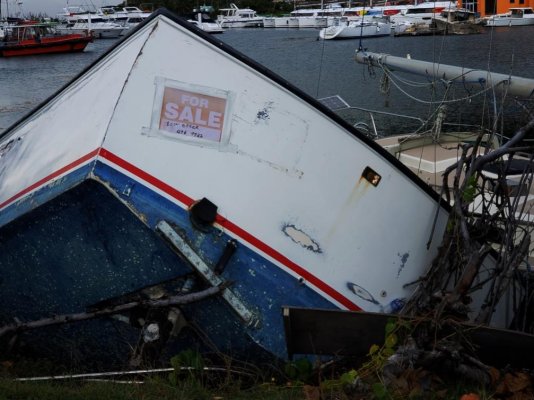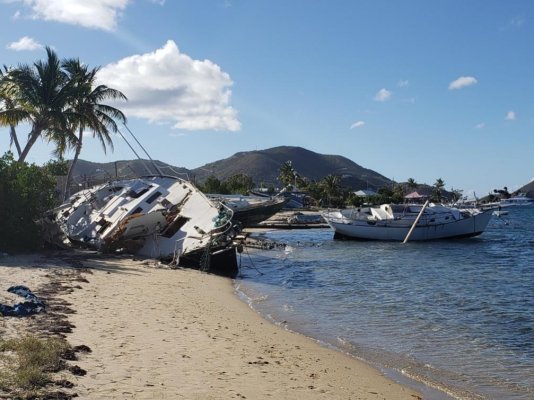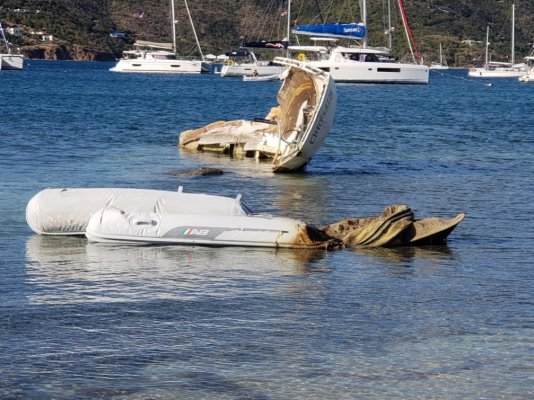silentfaith
Senior Member
Wondering how all these 1000plus boats that are deemed totaled in the Abaco's end up, how does this work? I'm guessing the owner gets a check and that is the end of it but what happens to the valueable items that can be salvaged out of these boats. Who disposes the boats and how do they go about that in these out islands?





